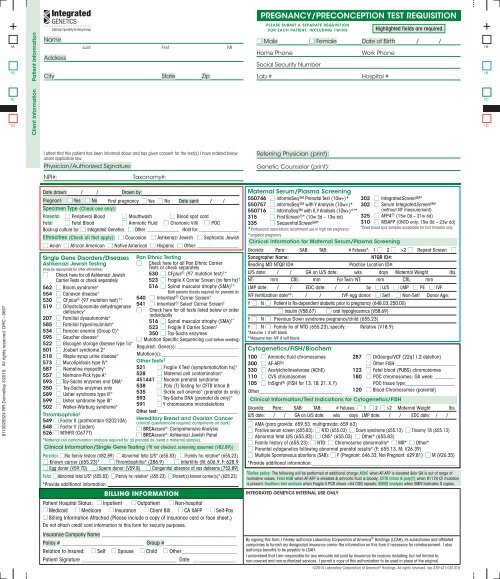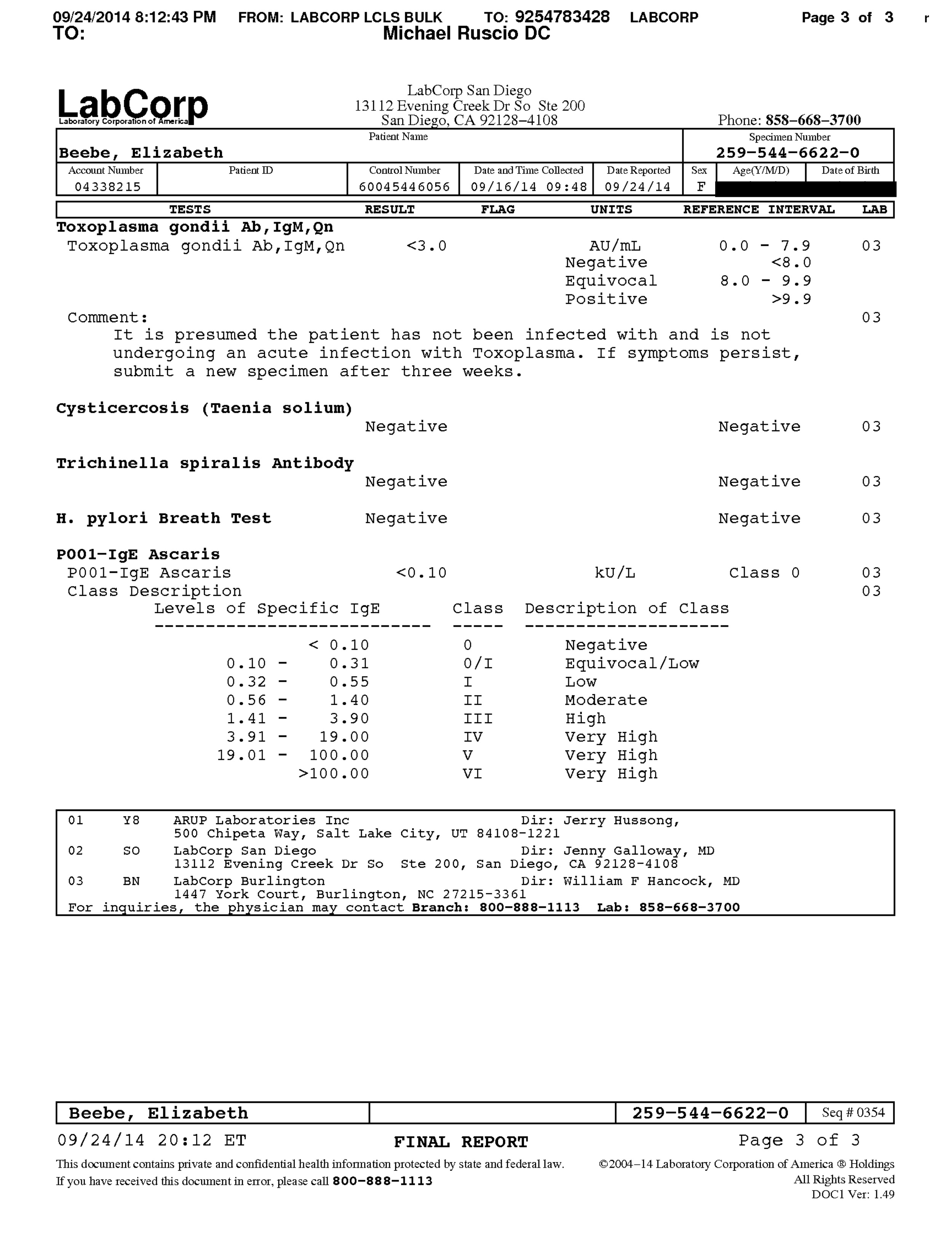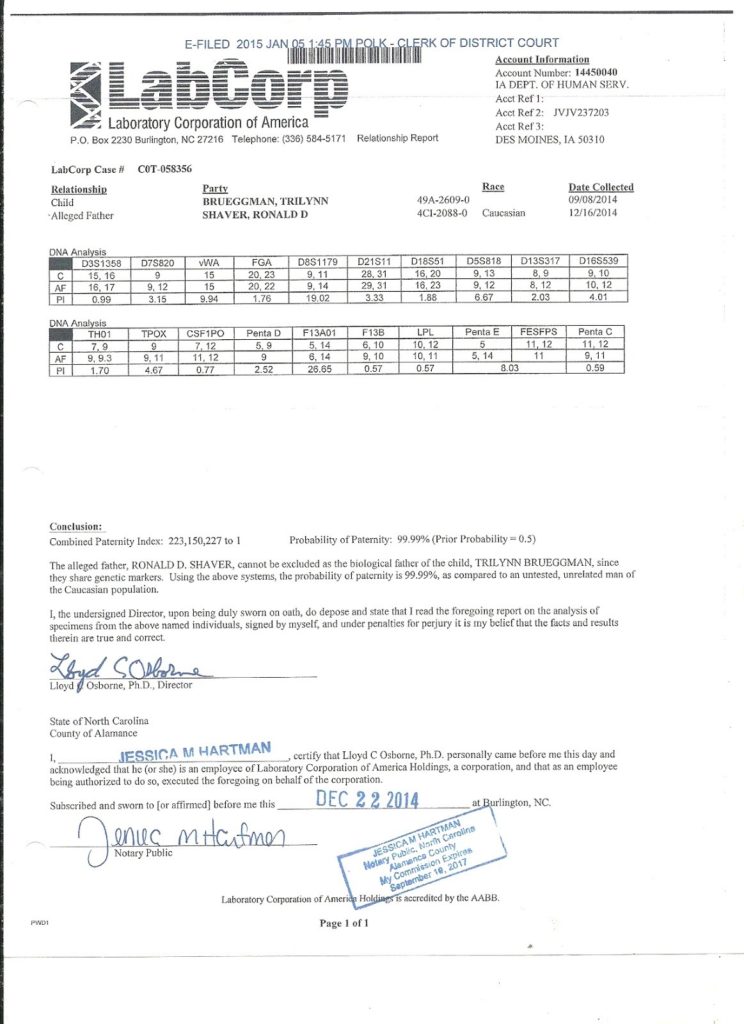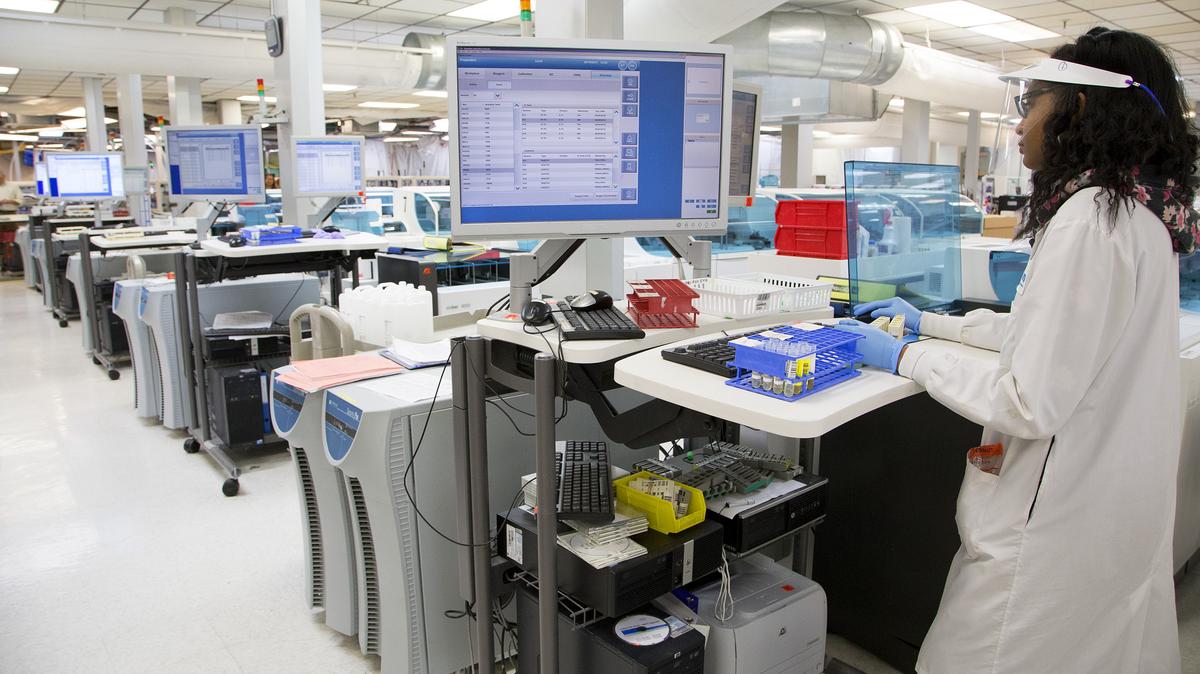

The risk of a fetus with T21 (at 16 weeks of gestation) is about one in 250 at age 35 and one in 75 at age 40. The approximate risk of a trisomy 21 (T21 Down syndrome) ‒affected birth is one in 1100 at age 25 to 29. The most important risk factor for trisomy syndromes is maternal age. The trisomy syndromes are aneuploidies involving three copies of one chromosome. The majority of fetal chromosomal abnormalities are aneuploidies, defined as an abnormal number of chromosomes. NIPS using cell-free fetal DNA has also been proposed to screen for microdeletions.įetal chromosomal abnormalities occur in approximately one in 160 live births.

Noninvasive prenatal screening (NIPS) analyzing cell-free fetal DNA in maternal serum is a potential complement or alternative to conventional serum screening. There are numerous limitations to standard screening for these disorders using maternal serum and fetal ultrasound. Fetuses with T18 and T13 generally do not survive to birth.

Trisomies 21 (T21), 18 (T18), and 13 (T13) are the most common forms of fetal aneuploidy. Trisomy syndromes are aneuploidies involving three copies of one chromosome. National guidelines recommend that all pregnant women be offered screening for fetal chromosomal abnormalities, most of which are aneuploidies, an abnormal number of chromosomes. Vanadis NIPT of maternal plasma to screen for trisomy 21, 18 and 13 is considered investigational in all situations. Nucleic acid sequencing-based testing of maternal plasma for trisomy 21 is considered investigational in women with twin or multiple pregnancies. Nucleic acid sequencing-based testing of maternal plasma for trisomy 21 is considered investigational for women with average-risk singleton pregnancy. Nucleic acid sequencing-based testing of maternal plasma for trisomy 21 may be considered medically necessary in women with high-risk singleton pregnancies undergoing screening for trisomy 21 and are at a minimum of 10 weeks gestation and who meet at least ONE of the following criteria: Effective for dates of service prior to January 1, 2021: Vanadis NIPT of maternal plasma to screen for trisomy 21, 18 and 13 is considered investigational in all situations. Nucleic acid sequencing-based testing of maternal plasma for twin zygosity is considered investigational.

Nucleic acid sequencing-based testing of maternal plasma for microdeletions is considered investigational. Nucleic acid sequencing-based testing of maternal plasma for fetal sex chromosome aneuploidies is considered investigational. Nucleic acid sequencing-based testing of maternal plasma for trisomy 13 and/or 18, other than in the situations specified above, is considered investigational. Nucleic acid sequencing-based testing of maternal plasma for trisomy 21 is considered and investigational in women with high-order multiple gestation (i.e. Nucleic acid sequencing-based testing of maternal plasma for trisomy 21 is considered investigational for women with average-risk singleton or average-risk twin pregnancy.


 0 kommentar(er)
0 kommentar(er)
